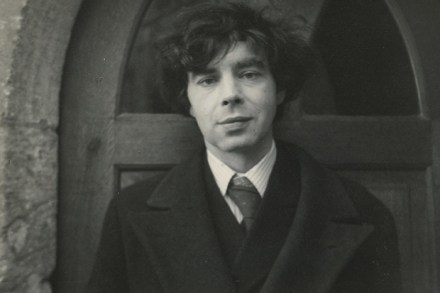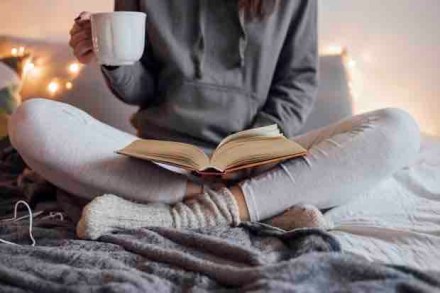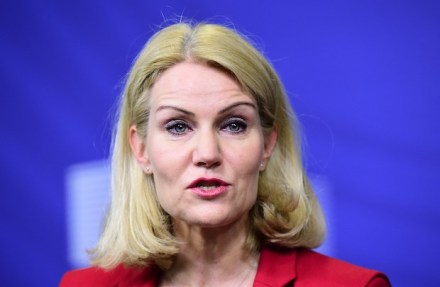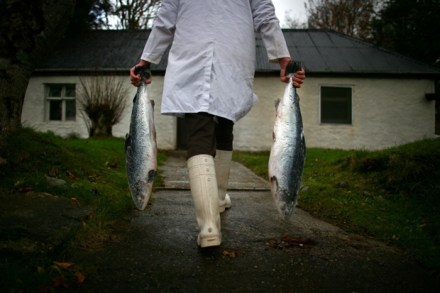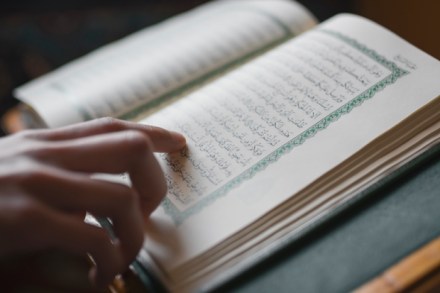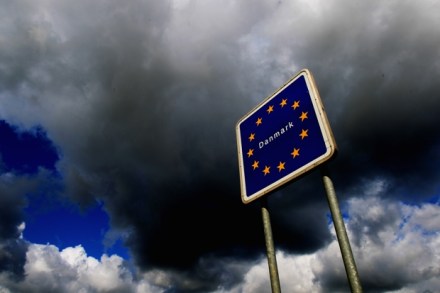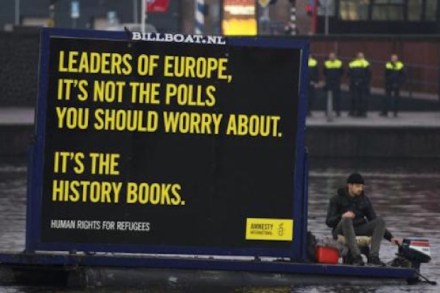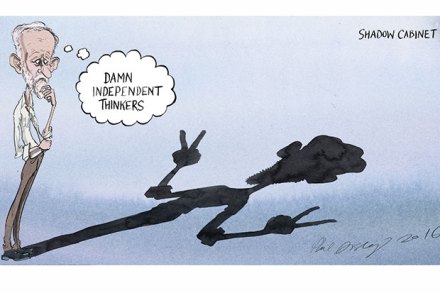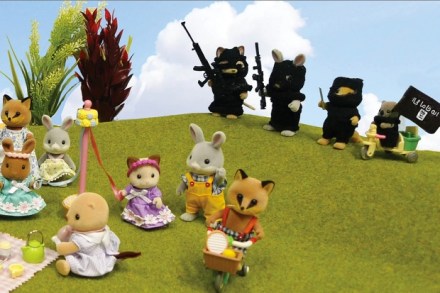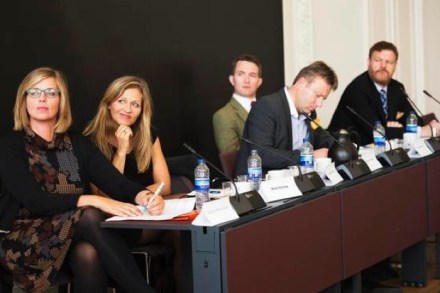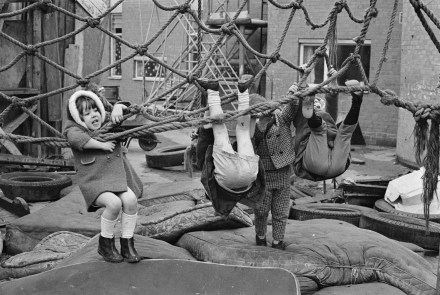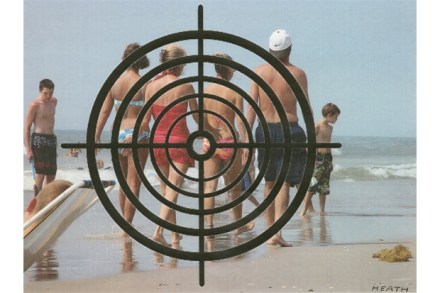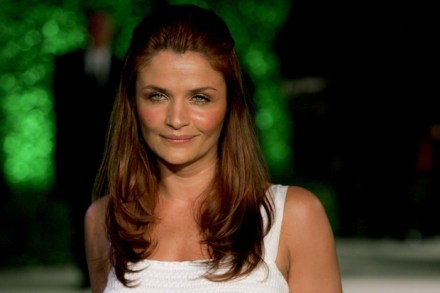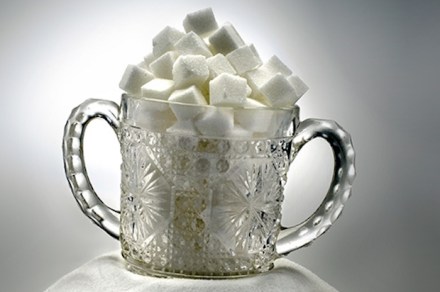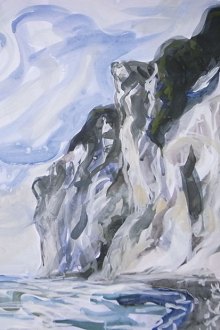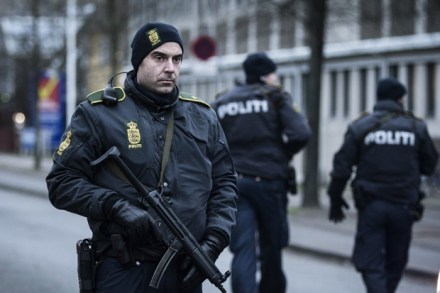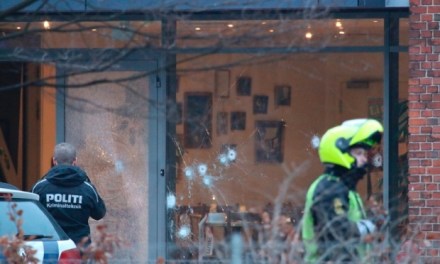Obituary: Eric Christiansen
Over the past year, we have lost two names cherished by Spectator readers. Rodney Milnes, our opera critic for 20 years before he moved to the Times, as well as editing the monthly magazine Opera, died last December, and Eric Christiansen, the Oxford medieval historian, who was a regular book reviewer here for many years, followed on the last day of October. They both died at 79, both of cancer. Their upbringing and education were similar — Rugby and Christ Church for Milnes, Charterhouse and New College for Christiansen.From the last peacetime ‘call-up’ generation, both served unenthusiastically and unheroically in the army. They were both old and dear friends of
